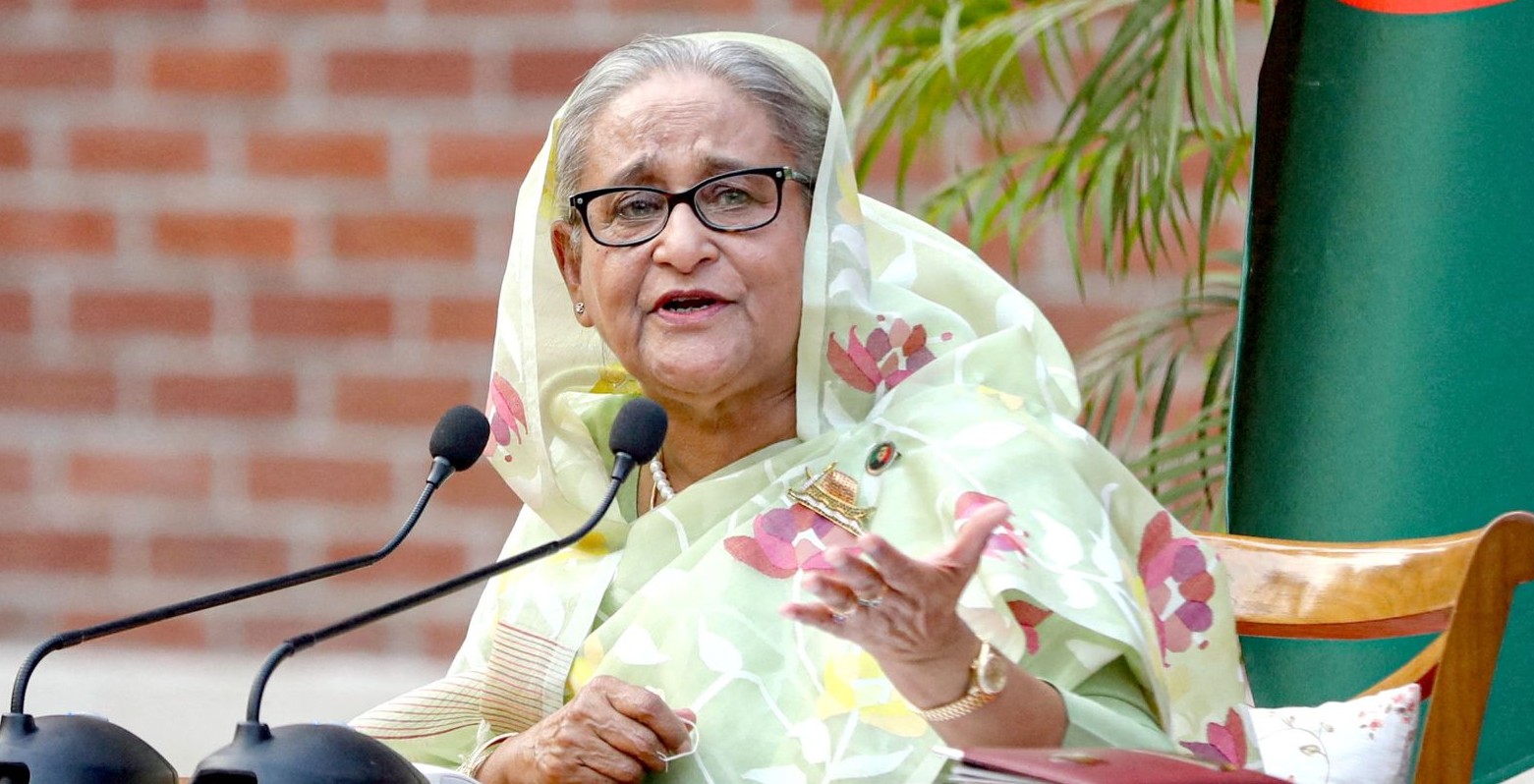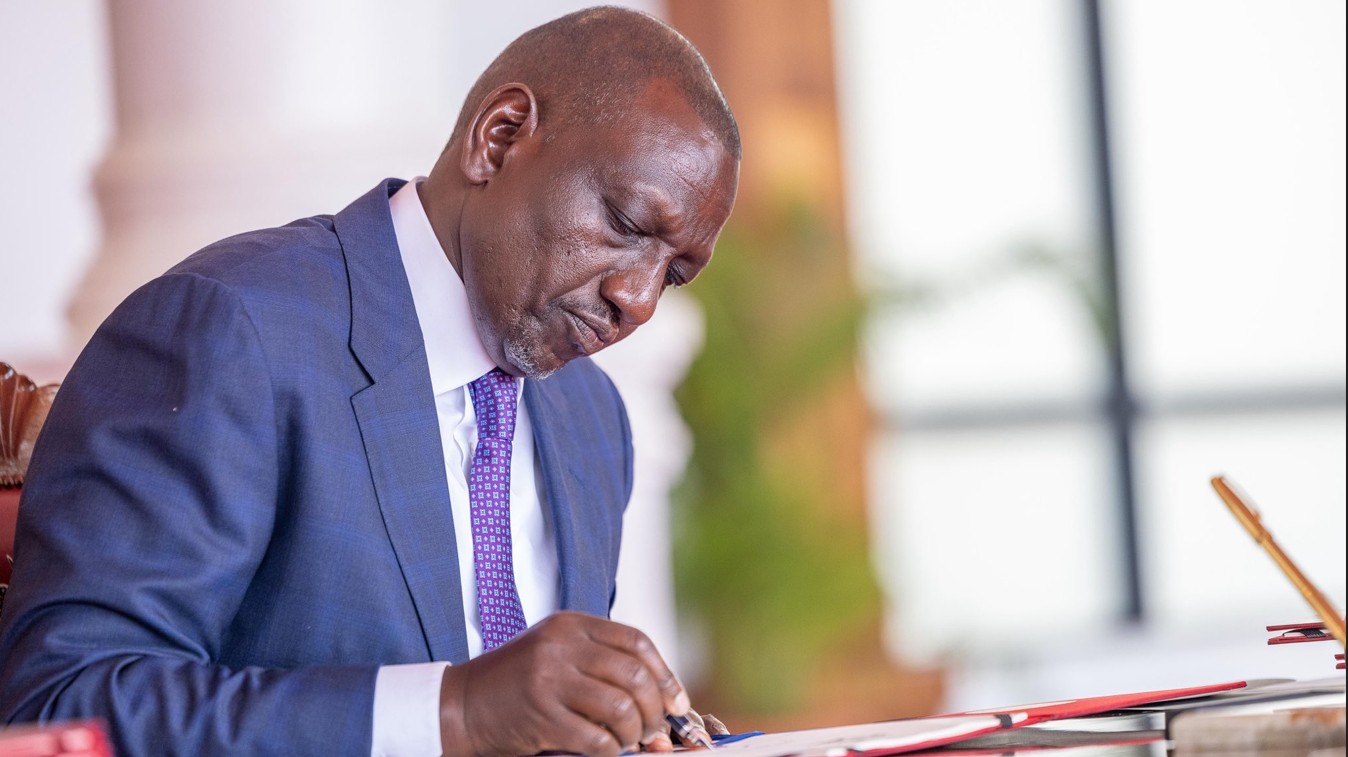Ethiopia unlocks banking sector to foreign investors in landmark reform

The directive permits foreign entities to establish subsidiaries, branches or representative offices in Ethiopia's previously closed banking system. It also allows strategic investors to hold stakes in local banks.
Foreign banks and investors can now operate in Ethiopia's banking sector, following a Wednesday decree by the National Bank of Ethiopia (NBE), marking a major step in opening up the country's financial sector to foreign participation.
The directive, formally titled Directive No. SBB/94/2025, Requirements for Licensing and Renewal of Banking Business and Representative Office, permits foreign entities to establish subsidiaries, branches or representative offices in Ethiopia's previously closed banking system. It also allows strategic investors to hold stakes in local banks
More To Read
- Somali, Egyptian leaders meet in Cairo amid tensions over Ethiopia’s dam
- Kenya-Ethiopia begin technical assessment of cross-border bridge projects
- Ethiopia accuses Eritrea, TPLF faction and armed groups of plotting ‘major offensive’
- Ethiopian PM Abiy Ahmed pushes for sea access, avoids war - for now
- PM Abiy calls for unity amid Egypt, Sudan tensions as Ethiopia completes grand dam construction
- Ethiopia begins supplying electricity to Tanzania through Kenya’s transmission network
"This new directive marks the final regulatory milestone in opening up the Ethiopian financial sector to foreign participation," the NBE said in a statement on X.
The directive implements the recently passed Banking Business Proclamation and is the result of extensive consultations conducted over the past year with a wide range of stakeholders, according to NBE.
The bank added that the directive aims to bring increased capital, competition, service delivery, efficiency and inclusivity to the sector, deepening Ethiopia's financial sector and contributing to its growth.
"NBE is very pleased to declare that the Ethiopian Banking Sector is hereby open for foreign participation and that applications by foreign banks and investors can be submitted to NBE from today onwards," it said.
Over the past few years, the Ethiopian government under Prime Minister Abiy Ahmed has introduced key changes across sectors in a bid to attract foreign investment.
One of the earliest steps was the partial liberalisation of the telecom sector, allowing Safaricom to become the first foreign company granted a telecom license in Ethiopia in 2021.
Following this, the government began privatising major state-owned enterprises in industries such as transport and energy, creating opportunities for both private and international investors.
In 2024, Ethiopia also reformed its foreign exchange system by adopting a more flexible, market-based currency regime and easing restrictions on foreign currency usage.
Later that year, Parliament passed legislation allowing foreign investors to own up to 40% of local banks, with regulations ensuring that Ethiopian ownership remains majority.
In January 2025, Ethiopia likewise launched its first-ever stock exchange, marking a key milestone in the country's efforts to develop its capital markets and further open its economy.
Top Stories Today













































